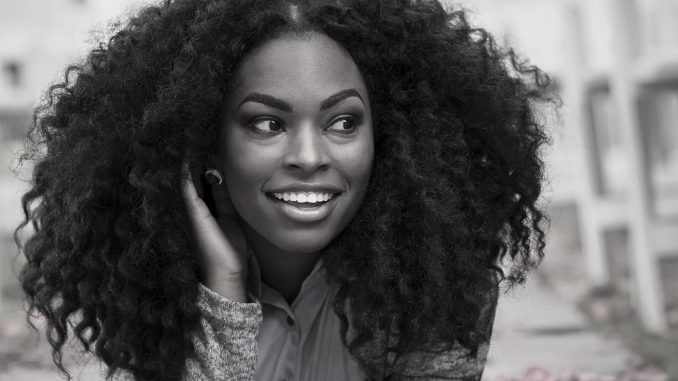
Last August, Nahla Ward posted a cover of “So Gone” — an early 2000s R&B song by Monica — for a social media challenge that gained popularity after Chance The Rapper performed the song in a short clip that went viral on Twitter.
Months later, she has more than 11,000 views on her #SoGoneChallenge video on YouTube and she performed the song in Los Angeles for Fox’s daytime show, The Real, where she met the song’s original artist, Monica Brown.
Ward is one of many independent hip-hop artists who use social media platforms like YouTube, SoundCloud, Instagram and Twitter to promote music. She considers her musical achievements to be her proudest moments so far.
The senior criminal justice major is originally from Danbury, Connecticut, but moved to Philadelphia in 2013 to experience a large city and attend college to pursue her goal of becoming an attorney.
Since she came to Temple, she has worked toward her artistic goals, too.
“The drive that allowed me to continue pursuing music and find my purpose in music was seeing how people love to hear me sing and how it affected people in a positive way,” Ward said.
Ward is forming her own genre of neo-soul R&B that utilizes hip-hop and jazz. She’s inspired by the musical artists she grew up listening to, like Lauryn Hill, Anthony Hamilton and Nas.
She calls her style “life music.”
Ward began singing in preschool and has been navigating the music scene ever since, she said. She is active on social media and connects with her audience through YouTube and live performances.
Ward began performing at Temple by singing at events for the Owl Team and NAACP events, but she saw a surge in support after her #SoGoneChallenge and her active social media presence on YouTube and Instagram.
“I think it’s the combination of putting yourself out there and people just liking what they hear,” she said. “Speaking from Instagram, it’s where
I receive most of my clout. I think social media really plays a part in getting your name out there.”
Another student musician, Kayla Jackson, is in the process of building her audience and preparing new music.
The junior media studies and production major goes by the stage name Frex, after her many freckles.
Jackson said she doesn’t adhere to one genre. Like Ward, she experiments with R&B and hip-hop, but said her style is “alternative R&B,” with spacey digital instrumentals and high reverberation, she said.
In June 2016, Jackson lived in Los Angeles for a month and connected with others who encouraged her to continue making music. Not even two weeks after she returned home, she met — and later joined — the Philadelphia art collective Ol’Souls.
“They took me under their wing, and since the first time we hung out, I see them like every two weeks,” Jackson said. “It’s really nice because we kind of keep tabs on each other, and having that support system helps.”
Jackson performed at the Fillmore in December and released her solo project in February. She released “white sun,” a mixtape that focuses on her past relationships and experiences, on SoundCloud — an audio sharing platform. Jackson’s two most recent singles, “Brand New” and “Euphoria,” revolve around her current situation: a new relationship and a positive attitude.
Jackson releases all of her music on SoundCloud and connects with fans through Twitter and Instagram. She said she sees some musicians focus too much on the social media side, and not enough on the music.
Both Ward and Jackson plan to outgrow platforms like YouTube and SoundCloud and bring their music to other cities and larger audiences.
“It’s fine getting to know people through social media,” Jackson said. “If people feel like they know you, they’re more excited for you to succeed and have a personal connection with your music.”
“But when you look at certain artists, half of their followers don’t even know what their music sounds like, they just know the person,” she added. “I think you lose credibility as a musician when that’s the only reason people are listening to the music.”
Henry Savage can be reached at henry.savage@temple.edu.




Be the first to comment